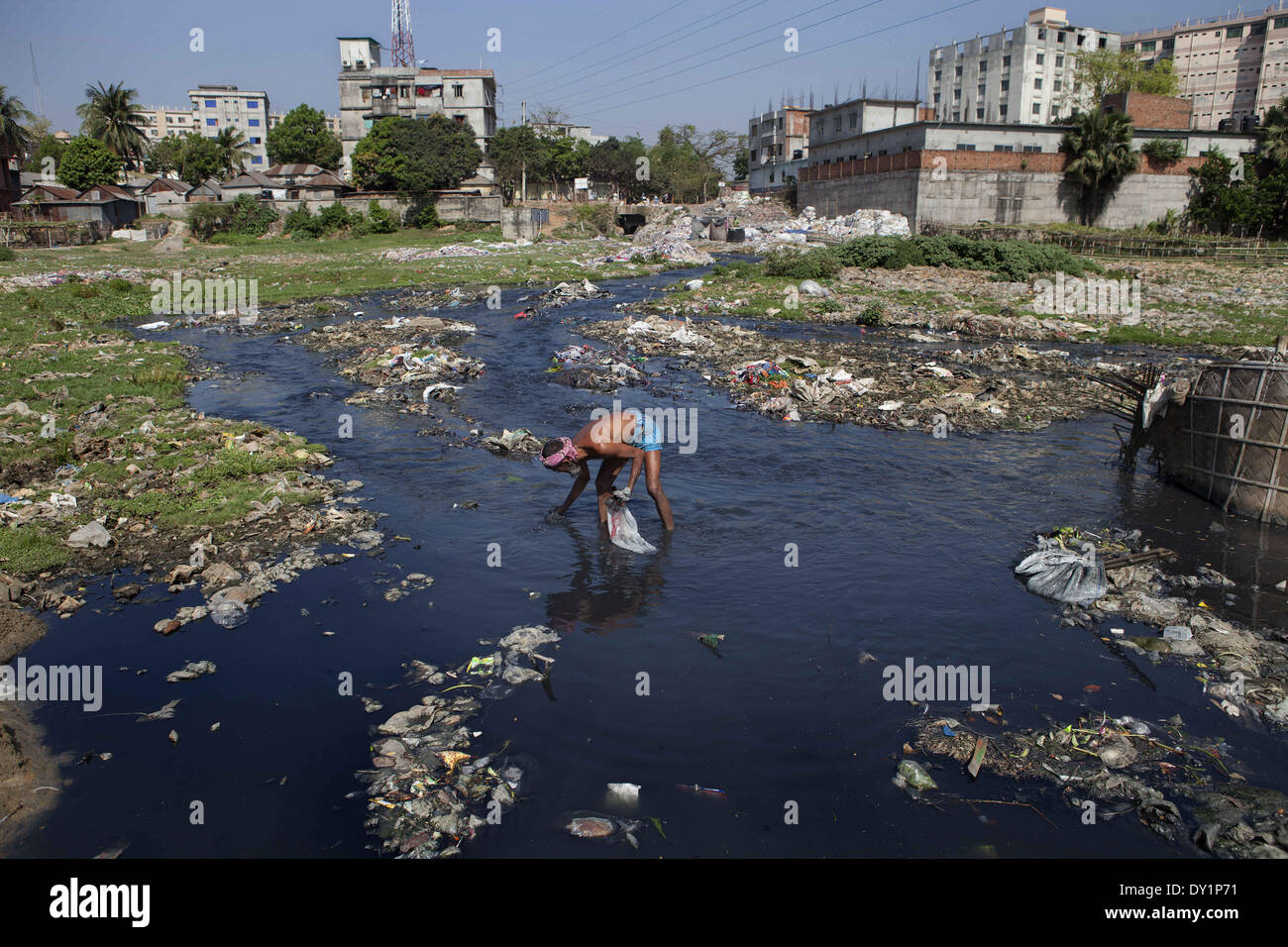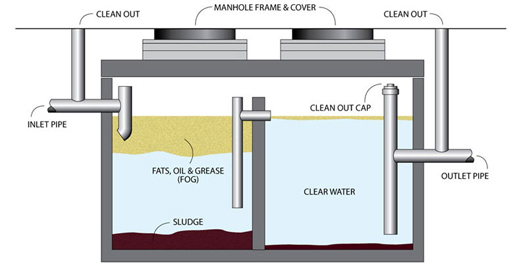Safe and Lasting Liquid Waste Disposal: Your Go-To Service Provider
Understanding the Comprehensive Process of Fluid Waste Disposal: Best Practices and Environmental Influence Factors To Consider
The administration of liquid waste disposal is a multifaceted issue that needs a thorough understanding of different finest practices and their linked ecological impacts. From the kinds of fluid waste generated to the methods utilized for collection, treatment, and last disposal, each step plays an essential duty in securing environments and public wellness.
Sorts Of Liquid Waste
Understanding the numerous kinds of liquid waste is important for efficient management and disposal methods. Liquid waste can be broadly categorized into a number of types, each calling for special handling and treatment methods.
Industrial fluid waste typically includes hazardous materials, including heavy metals, solvents, and chemicals, generated throughout making processes. These wastes demand strict governing compliance to protect human health and the atmosphere. Domestic fluid waste mostly describes wastewater generated from houses, consisting of sewage and greywater, which, although less harmful, can still present substantial risks if improperly managed.
Agricultural liquid waste, consisting of overflow from farms, commonly has plant foods and chemicals that can lead to environmental degradation if not dealt with sufficiently. Clinical fluid waste, produced from healthcare facilities, consists of polluted liquids such as bodily fluids and chemicals, requiring specialized disposal approaches to prevent infection and ecological contamination.
Lastly, oil and oil waste, typically produced by restaurants and automotive sectors, can create severe clogs in sewer systems if not managed properly. Understanding these groups helps with targeted approaches for treatment, conformity with laws, and reliable disposal methods, eventually promoting ecological sustainability and public health security.

Collection Methods
Reliable collection techniques are essential for the correct monitoring of fluid waste, guaranteeing that it is collected safely and efficiently prior to treatment or disposal. Different techniques are utilized depending on the kind of liquid waste produced, the quantity, and the certain qualities of the waste.
One usual technique is the use of committed collection storage tanks or sumps, which are made to catch fluid waste at the source. These systems frequently incorporate pumps that promote the transfer of waste to bigger storage space containers or therapy centers. In addition, mobile collection devices equipped with vacuum modern technology are employed in circumstances where waste is produced periodically or in hard-to-reach locations.
For industrial settings, closed-loop systems can properly reduce leaks and spills, enabling the healing and reuse of fluid waste. It is also important to train employees on appropriate collection procedures to minimize risks connected with dangerous materials.
Additionally, applying regular maintenance timetables for collection tools guarantees ideal efficiency and safety and security. The integration of innovative tracking systems can enhance collection effectiveness by offering real-time information on waste levels and prospective hazards. On the whole, reliable collection methods are fundamental to lasting fluid waste monitoring methods.
Therapy Processes
Therapy processes play a vital role in the management of liquid waste, changing possibly dangerous materials into risk-free effluents or reusable resources - liquid waste disposal. These processes can be generally categorized into physical, chemical, and organic methods, each customized to attend to details impurities present in the waste stream
Physical treatment methods, such as sedimentation and filtration, job by removing suspended solids and particulate matter. These techniques are often the initial step in the therapy chain, properly minimizing the tons on subsequent procedures. Chemical treatments entail the usage of reagents to neutralize unsafe substances, speed up hefty metals, or oxidize natural toxins, consequently improving the security of the effluent.
Organic treatment procedures, including turned on sludge systems and anaerobic digestion, capitalize on the all-natural abilities of bacteria to weaken natural issue. These approaches are especially efficient for wastewater containing eco-friendly toxins. Advanced treatment modern technologies, such as membrane layer filtering and advanced oxidation processes, are progressively employed to accomplish higher degrees of filtration.
Incorporating a mix of these see it here treatment techniques not just makes certain conformity with regulatory standards yet also advertises environmental sustainability by recuperating beneficial sources from liquid waste.
Disposal Options
Just how can organizations ensure the risk-free and responsible disposal of fluid waste? Efficient disposal options are essential for guarding public wellness and the environment. The discover here main methods consist of land incineration, treatment, and disposal complied with by discharge right into local wastewater systems.
Land disposal involves the cautious containment of liquid waste in assigned garbage dumps, making sure that it does not seep right into surrounding soil or water. Incineration, on the various other hand, topics fluid waste to high temperature levels, converting it right into ash and gases, which require proper filtering to minimize emissions. This technique appropriates for contaminateds materials that can not be treated via typical ways.
In cases where liquid waste can be treated, companies may select chemical or biological therapy procedures to counteract unsafe elements prior to releasing the dealt with effluent right into municipal systems. This path usually straightens with governing demands, making sure that the effluent fulfills safety and security standards.
Eventually, organizations have to perform comprehensive assessments of each disposal alternative to determine its viability, considering variables such as waste structure, governing conformity, and possible dangers to health and the atmosphere. By choosing appropriate disposal techniques, companies can add to an accountable waste monitoring method.
Ecological Effect
The ecological impact of fluid waste disposal is an essential consideration for organizations looking for to decrease their ecological impact. Furthermore, the discharge of unattended or improperly treated waste right into surface area waters can result in eutrophication, leading to oxygen exhaustion and the subsequent fatality of fish and other organisms.

To alleviate these influences, companies have to adopt ideal practices such as carrying out rigorous waste treatment procedures, advertising recycling and reuse, and sticking to regulatory requirements. By taking a proactive strategy to fluid waste management, entities can dramatically minimize their environmental footprint while here sustaining lasting advancement goals. Inevitably, a detailed understanding of the ecological effects related to fluid waste disposal is important for notified decision-making and liable stewardship of all-natural resources.
Final Thought
Effective monitoring of liquid waste is vital for securing environmental honesty and public wellness. By adopting finest practices in collection, therapy, and disposal, alongside adherence to governing standards, the capacity for hazardous contamination of environments can be considerably lowered. Constant innovations in innovation and processes add to sustainable waste management initiatives. Ultimately, an extensive understanding of liquid garbage disposal not just reduces ecological impacts however likewise cultivates a dedication to responsible source administration and environmental stewardship.
The management of liquid waste disposal is a multifaceted issue that requires a complete understanding of numerous ideal techniques and their connected ecological influences. From the types of liquid waste created to the approaches employed for collection, treatment, and final disposal, each action plays an important duty in guarding ecosystems and public health.The ecological effect of fluid waste disposal is a vital factor to consider for companies seeking to reduce their environmental footprint. Ultimately, a comprehensive understanding of the ecological influences associated with fluid waste disposal is crucial for educated decision-making and accountable stewardship of natural resources.
Ultimately, an extensive understanding of liquid waste disposal not only mitigates environmental impacts but additionally promotes a dedication to accountable source management and ecological stewardship.